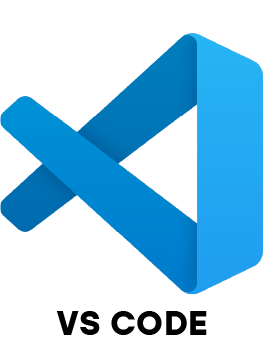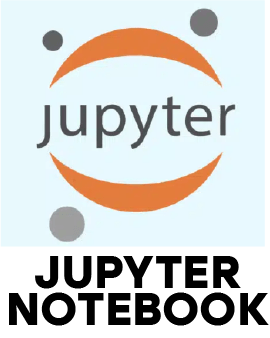- Join the Best OpenStack Training Institute to Master Cloud Infrastructure & Management Tools.
- Our OpenStack Course Covers Everything From Fundamentals to Advanced Cloud Practices.
- Learn at Your Convenience With Flexible Options: Weekday, Weekend, or Fast-track Batches.
- Gain Hands-on Experience by Working on Real-time OpenStack Projects Guided by Experts.
- Earn a Globally Recognized OpenStack Certification With Placement Assistance.
- Receive Expert Guidance in Crafting a Professional Resume and Job Interviews.
Join Our 100% Job Guaranteed
OpenStack Training
WANT IT JOB
Become a OpenStack Developer in 3 Months
Freshers Salary
3 LPA
To8 LPA
Quality Training With Affordable Fees!

INR
36,000
INR 16,500

10873+
(Placed)
5662+
(Placed)
6176+
(Placed)
3895+
(Placed)

























 Chennai Location
Chennai Location Bangalore Location
Bangalore Location